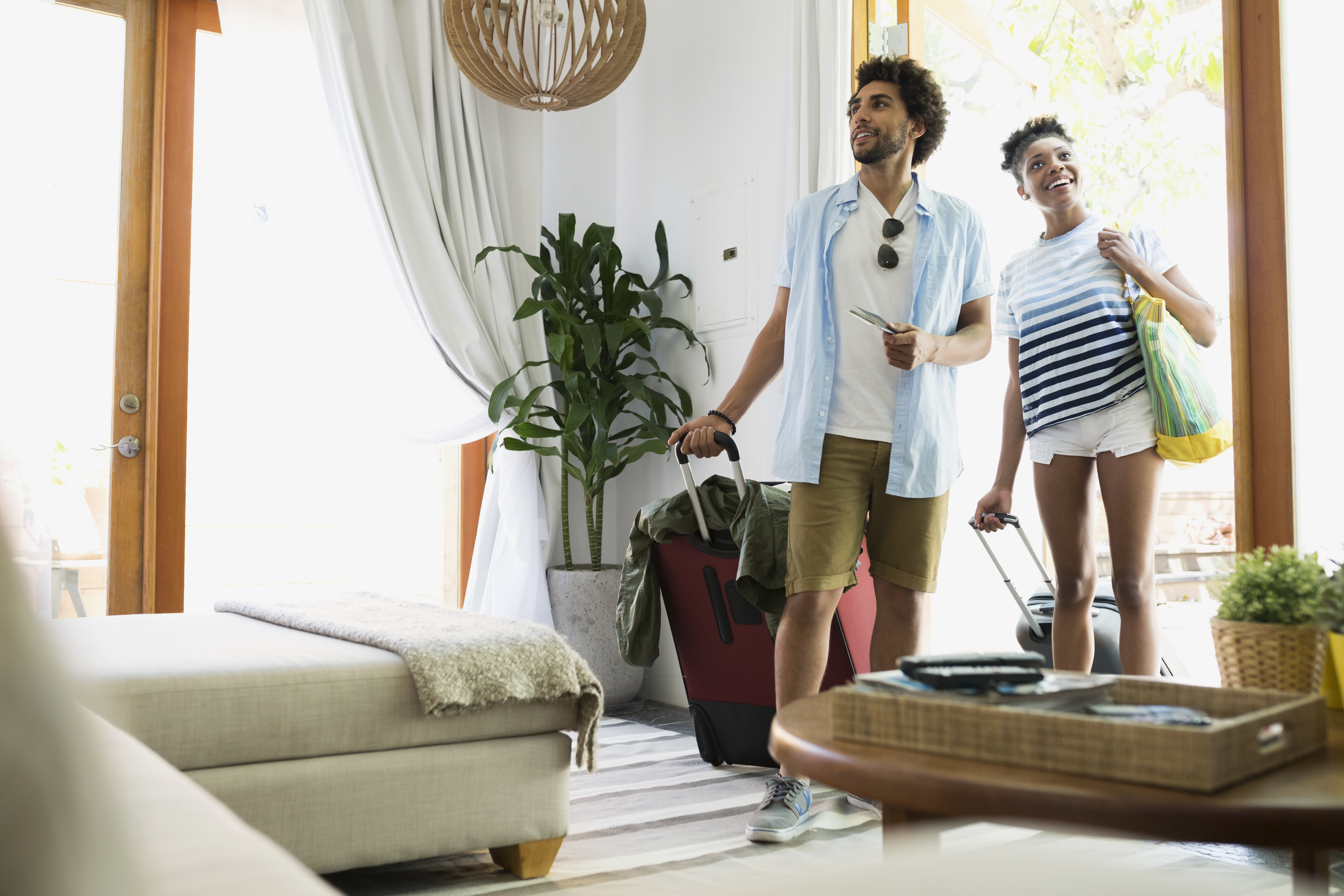
If you're about to embark on viewing a rental property for the first time, you might need some help and guidance so that you choose the right one on all its merits – and have your eyes wide open to its downsides. What to look for when viewing a rental property? In this guide we cover not just the initial impression you might form from a rental property's appearance, but also some subtler essentials that will nevertheless have a big impact on how much you enjoy living there.
Read our beginner's guide to renting more more handy tips and hints.
1. Examine the property's exterior
The external condition of the building will provide a huge clue as to whether the landlord cares about it, and if the interior is likely to be looked after properly. Peeling paintwork, rotten sills and cracked panes of glass will all indicate that profits come first, and a messy, unloved garden will obviously give cause for concern. Look at the state of communal areas like the entrance hall, stairs and landings, and find out who’s responsible for looking after them.
2. Is the property well-maintained?
You’ll immediately be able to spot whether a home has been well-maintained as it will look pristine, smell fresh and feel comfortable to be in. Don’t let low rent tempt you into opting for somewhere damp or mouldy – this could adversely affect your health. Be very wary of damp patches or black spores on walls or ceilings, and other warning signs include peeling wallpaper, a musty atmosphere and excessive condensation on windows.
3. Decide on the décor
It’s no coincidence that many rental homes are decorated in safe neutral tones, as they appeal to as wide a pool of potential tenants as possible. But if the colour scheme – or furniture – is designed to make a statement, think about whether you could put up with it on a daily basis. The purple carpet or red walls which initially seemed quirky could very quickly become hugely annoying to come home to.
Use these decorating ideas for rental properties to make your new pad feel like home – assuming the landlord approves.
4. Test the fixtures and fittings
Make sure that lights work, windows open, water comes out of taps and that the loo flushes. Find out how the heating and hot water systems are operated, where water and gas can be turned off in an emergency, and ask to see instructions for electrical appliances. Count how many sockets are in each room, and check that residual current devices (RCDs) have been installed to switch off electricity automatically if there’s a fault. Rule out a property with frayed wires, exposed cables, blackened sockets or multiple extension leads.
Bathroom fixtures are often of a poorer quality in rentals, so give the shower head in particular a good test. If the water pressure is low, the shower head may need replacing. Avoid properties with electric showers and water tanks – problems with water pressure and hot water supply are guaranteed. Double-check how much rent is and what utilities are included, too.
5. Safety first: ask to see certificates and appliances
Safety is paramount and if you haven’t already seen a copy of the Gas Safety Certificate – which shows that gas appliances have been correctly installed and maintained by a Gas Safe registered engineer – ask to see it. Check there’s a working smoke alarm on each floor, and that a carbon monoxide detector is fitted in any room with a wood-burning stove or coal fire.
6. Suss out the rental property's security
Consider how secure the property feels. Start with the front door: how good are the locks, and how solid does the door itself feel? If looking at a flat, make sure the entrance door has two locks: a simple Yale lock will not offer you enough protection against burglars. Look out for window locks complete with keys, robust front, back and patio door locks and a working burglar alarm. Consider access from the rear or via a side alley, and find out whether the building has exterior lighting to deter opportunist burglars.
Beefing up the rental property's security measures with your own home security system? Don't miss these best home security buys – most of which you can take with you when you move.
7. Check mobile reception
In the excitement of finding a home you like, it’s easy to forget to check your mobile signal – and immensely frustrating to discover too late that you’re moving into a dead zone. Try it out in every room and if you’re getting two bars or less, make a call to ensure you can have a conversation without losing the connection.
You will also want to know who the broadband provider is at the property, and whether you don't mind setting up an internet contract with them. Switching to a different provider may be costly.
8. Monitor noise levels indoors and out
Noise from traffic, aircraft and neighbours can be enough to drive the most level-headed person to distraction, so listen for sounds that could become extremely annoying. Double-glazing will help to mask some external noise, but if you can hear the people next door talking or footsteps above, you might well want to tick that particular property off your list.
9. Assess storage space
Whether you’re after a place that’s furnished or unfurnished, an inventory won’t give you the full picture so you’ll need to check there’s sufficient storage, particularly if you’re making room for large or bulky items. Shelves, cupboards and wardrobes can be built in many configurations, so make sure they can accommodate a surfboard, skis or other sports equipment if necessary.
10. Come back again
View the property at least twice and at different times before making up your mind. Ideally your first visit should be during daylight hours, when flaws are easier to identify, then return for a second viewing after dark, when neighbours might be playing their music loudly.
You may be pleasantly surprised – for example if you were initially concerted about traffic noise, you may discover that the road is as quiet as a mouse outside the rush hour – or alternatively a night-time viewing may exacerbate fears about security.
11. Ask the right questions
Knowing what to ask a potential landlord or what to ask the letting agent of a rental property you're viewing is really important: you can clear up a lot of potential misunderstandings simply by doing so at an early stage. And, if you can get to know either the landlord or the managing agent a little before you sign on the dotted line, you can hopefully gauge how responsive they'll be to any problems that might crop up.
Join our newsletter
Get small space home decor ideas, celeb inspiration, DIY tips and more, straight to your inbox!
-
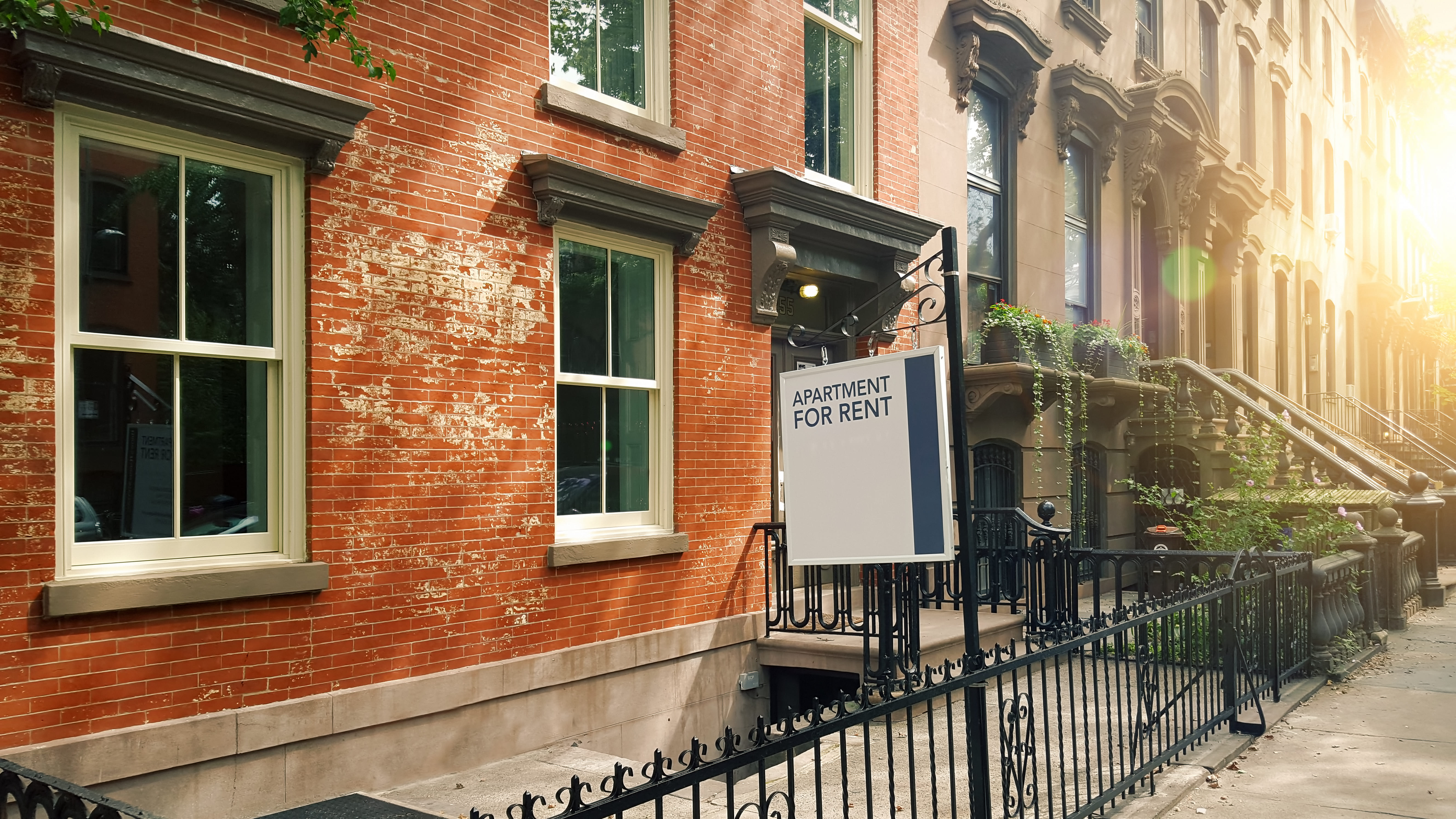 The 5 things about renting your first apartment you need to know — trust us, we have 33 years of renting experience
The 5 things about renting your first apartment you need to know — trust us, we have 33 years of renting experienceLearn the essentials about first-time renting an apartment, especially in big cities including budgeting, furnishing and even finding housemates
By Luisa Rossi
-
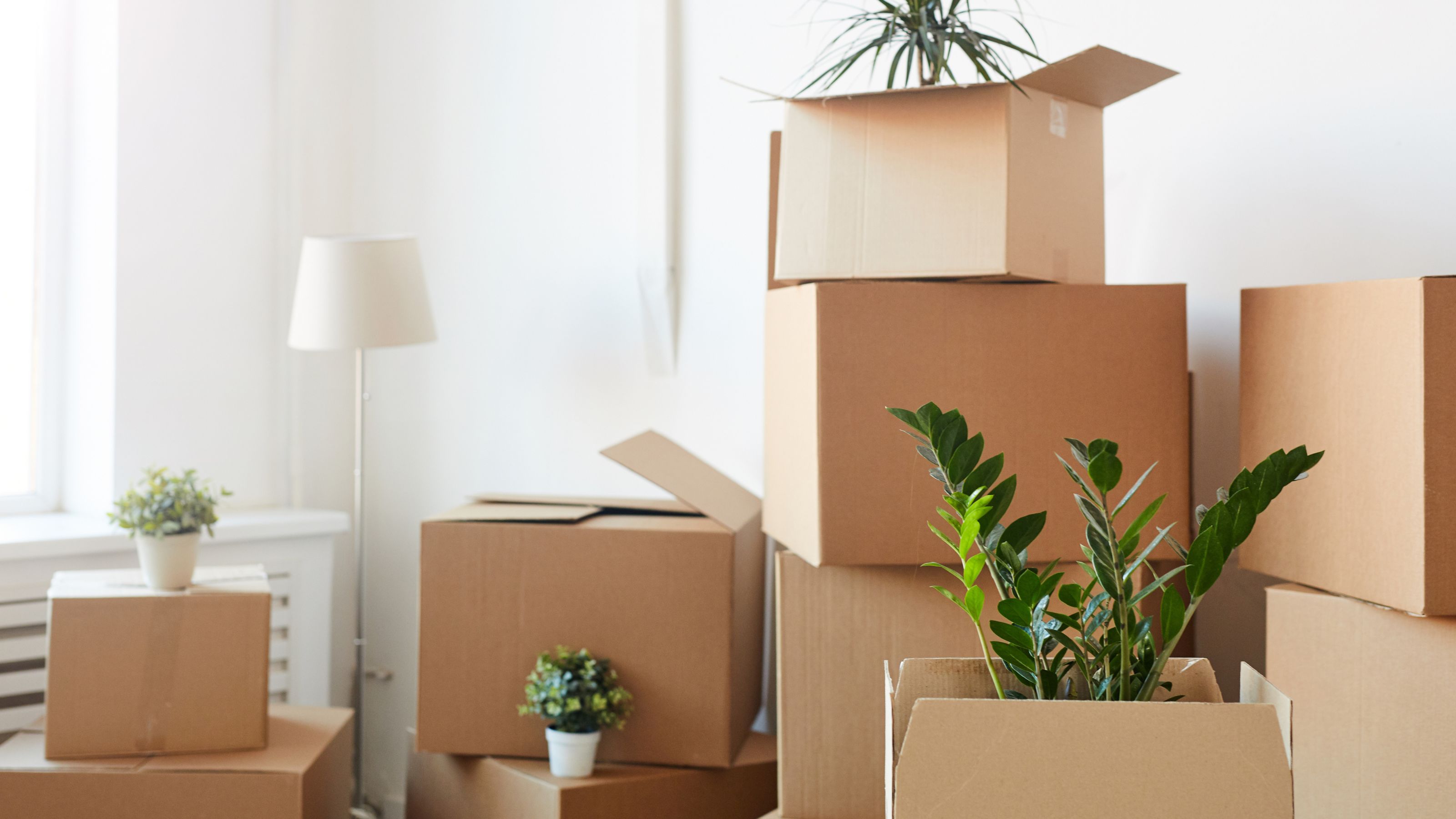 11 questions to ask when renting an apartment
11 questions to ask when renting an apartmentWhat questions should you be asking when renting an apartment? See everything you need to know before you sign that dotted line with our expert guide.
By Jamie Ballard
-
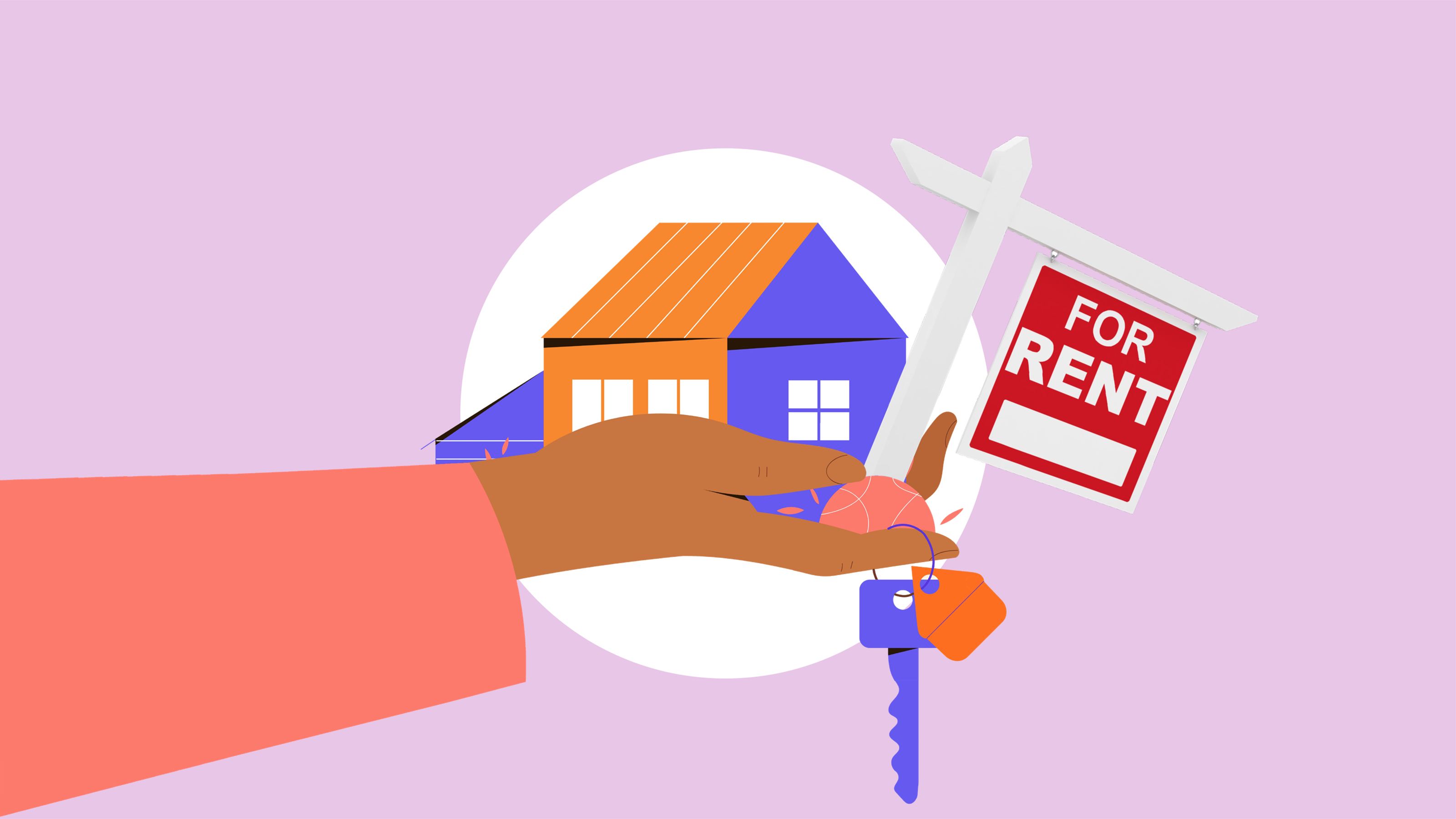 Why I choose to be a forever renter. Magnolia walls and all.
Why I choose to be a forever renter. Magnolia walls and all.Renting vs buying: Why I'm happy not being a homeowner.
By Anna K. Cottrell
-
 How to rent a house or apartment successfully: first rental or not
How to rent a house or apartment successfully: first rental or notWhether it's your first time as a tenant or not, knowing the ins and outs of how to rent a house or apartment is a must for a smooth ride.
By Andrea Dean
-
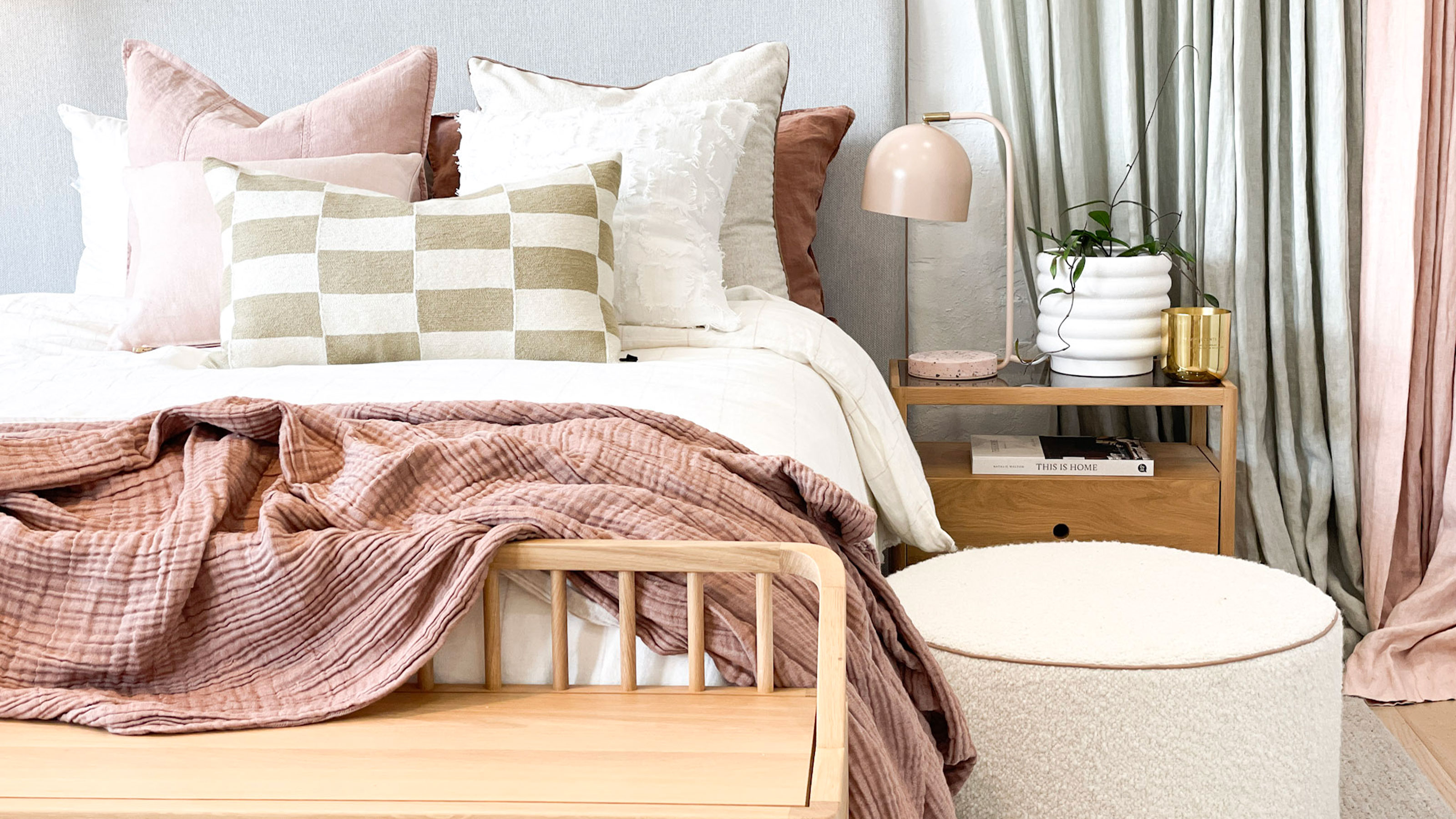 The five cities where rents are going down in the US
The five cities where rents are going down in the USA new report shows the cities where rents are actually going down in price
By Millie Hurst
-
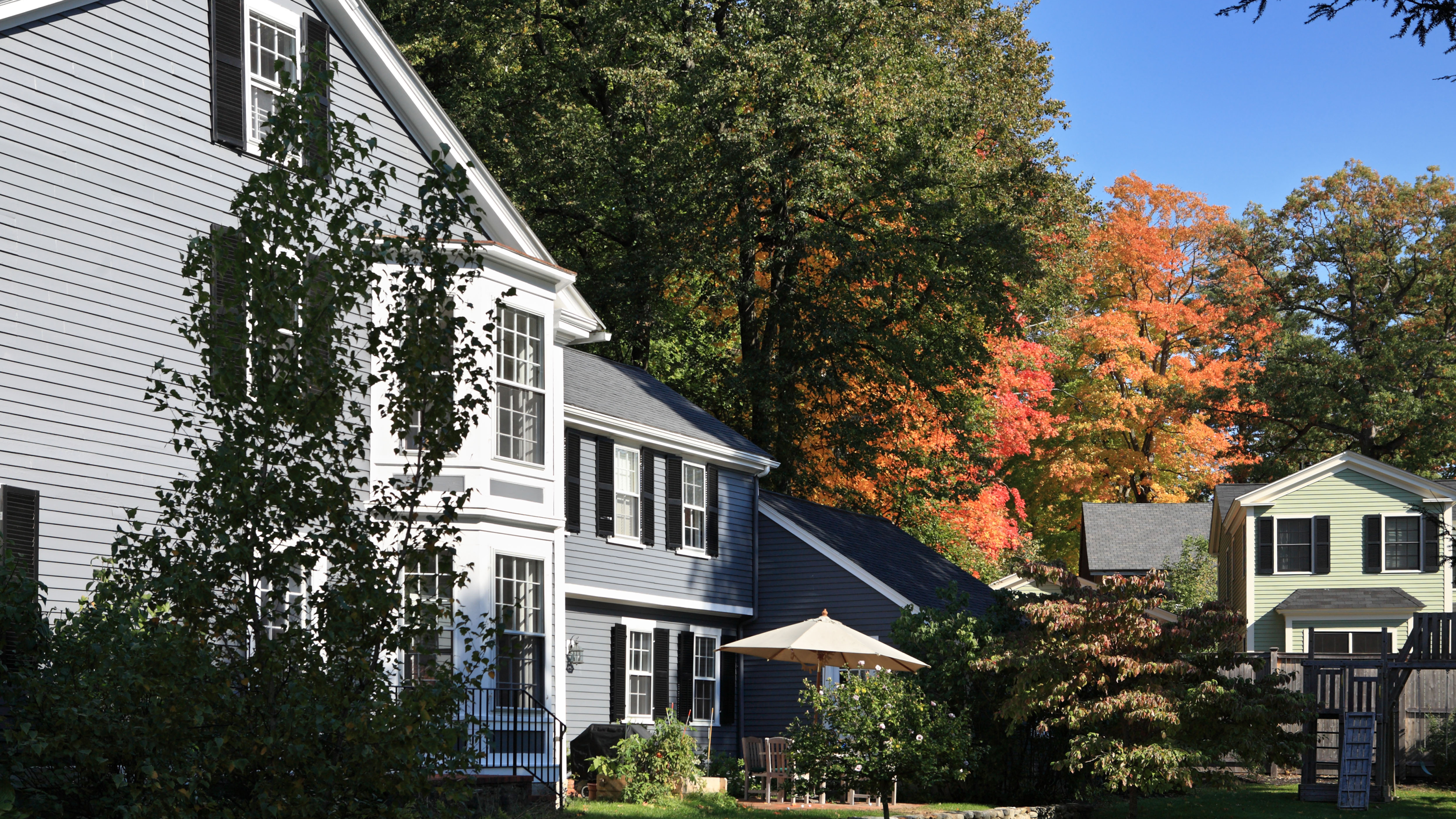 Housing market forecast: home buyers are rushing to beat rising mortgage rates
Housing market forecast: home buyers are rushing to beat rising mortgage ratesThe latest housing market forecast reveals a new factor in a hot market – steadily rising mortgage rates
By Anna Cottrell
-
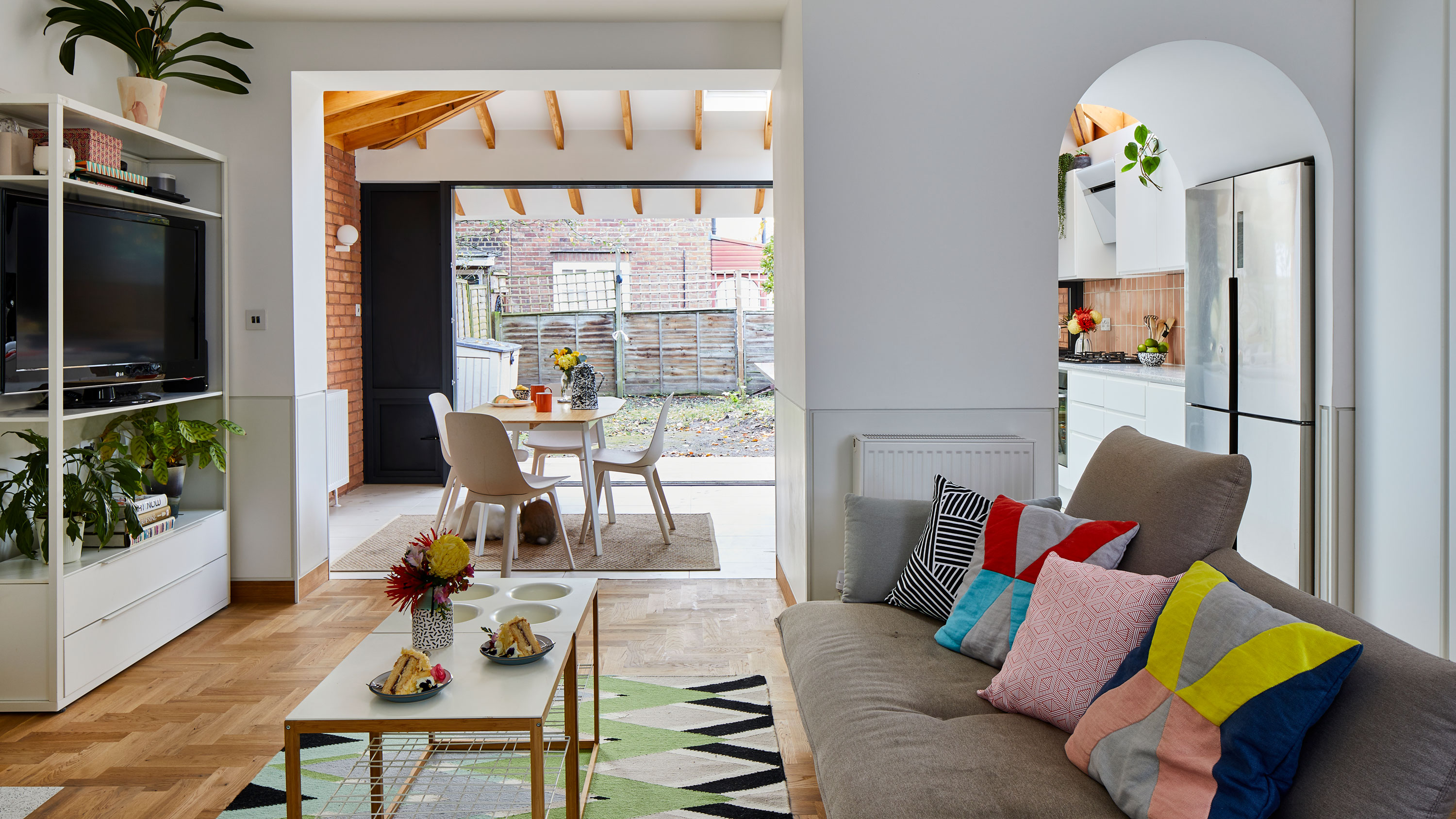 Before & after: A broken-plan layout completes this Edwardian terrace
Before & after: A broken-plan layout completes this Edwardian terraceThese happy bunnies have the best of both worlds. Divide and conquer
By Ellen Finch
-
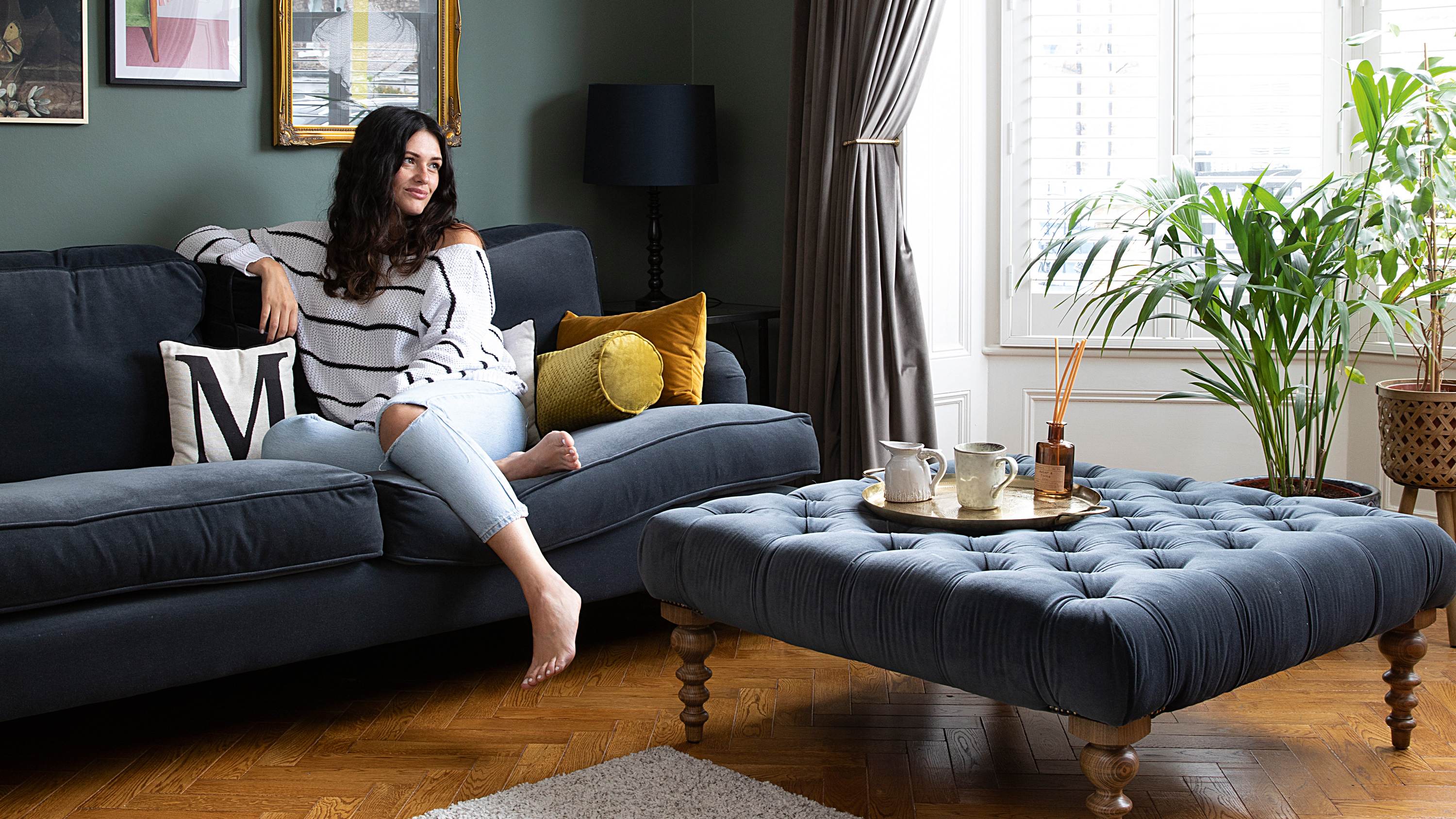 This dark and dramatic house just oozes original charm
This dark and dramatic house just oozes original charmThe color choices for this gorgeous Victorian home may seem bold, but just take a tour and you'll be reaching for the deep teal paint too...
By Ifeoluwa Adedeji